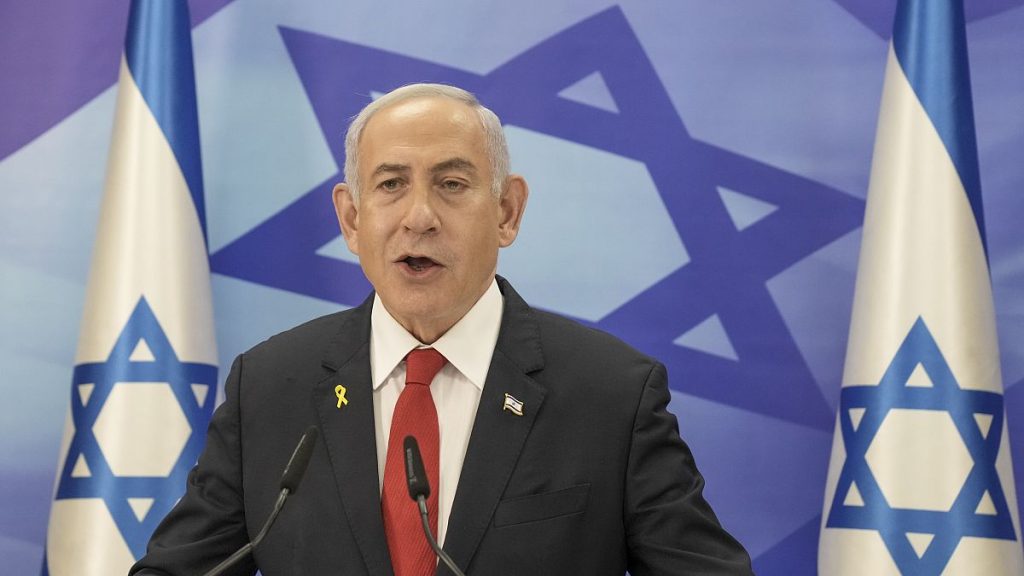Netanyahu’s Historic Court Appearance: A Nation Divided
Benjamin Netanyahu, Israel’s longest-serving prime minister, etched his name into the annals of history, becoming the first incumbent leader to appear in court as a criminal defendant. The trial, which commenced over four years ago, revolves around accusations of bribery, fraud, and breach of trust. Netanyahu vehemently denies the charges, labeling the proceedings a politically motivated "witch hunt" aimed at tarnishing his reputation and undermining his leadership. This legal battle, occurring amidst a backdrop of escalating national security concerns, underscores the deep divisions that have plagued Israeli society for years.
The charges against Netanyahu stem from three distinct cases. In what is known as Case 1000, the prosecution alleges that Netanyahu received lavish gifts, including cigars and champagne worth tens of thousands of dollars, from wealthy businessmen in exchange for political favors and diplomatic assistance. Other cases involve accusations of granting regulatory favors in return for favorable media coverage. These allegations have cast a long shadow over Netanyahu’s career, fueling intense public debate and raising questions about the integrity of his leadership.
Netanyahu’s arrival at the Tel Aviv courthouse was met with a mixed reception. While throngs of supporters rallied outside, proclaiming his innocence and denouncing the trial as a conspiracy, critics voiced their condemnation, holding signs accusing him of corruption and demanding his resignation. The scene reflected the polarized nature of Israeli society, with opinions sharply divided along political lines. Inside the courtroom, Netanyahu, flanked by numerous ministers and political allies, presented a defiant stance, reiterating his claims of innocence and describing the charges as absurd.
The backdrop against which this trial unfolds adds further complexity to the already charged atmosphere. Israel finds itself embroiled in a protracted conflict with Hamas in Gaza, grappling with a precarious ceasefire with Hezbollah in Lebanon, and facing the repercussions of the Assad regime’s downfall in neighboring Syria. Netanyahu argues that his court appearances, requiring him to testify three days a week, jeopardize national security at a critical juncture. This argument, however, failed to sway the court, which rejected his request for a postponement, mandating his presence in the specially secured bunker courtroom in Tel Aviv, instead of the usual Jerusalem venue, based on security agency recommendations.
Netanyahu’s legal troubles have not only divided the nation but have also contributed to significant political instability. Several of his former allies, disillusioned by the corruption allegations, broke ranks, leading to a period of political turmoil marked by four elections in five years. Netanyahu’s eventual return to power in 2022 was facilitated by a controversial coalition with far-right parties. His recent attempts to overhaul the judiciary, perceived by many as an attempt to shield himself from prosecution, further ignited public outrage and sparked mass protests across the country.
The ongoing trial presents a significant challenge for Netanyahu, both personally and politically. If convicted, he faces the prospect of years in prison, effectively ending his political career. Furthermore, the International Criminal Court has issued a warrant for his arrest over alleged war crimes in Gaza, adding another layer of complexity to his legal woes. The combined weight of these legal battles, set against the backdrop of escalating regional tensions, has created a tumultuous period for Israel, with the nation anxiously awaiting the outcome of this historic trial and its potential ramifications for the future of the country.














